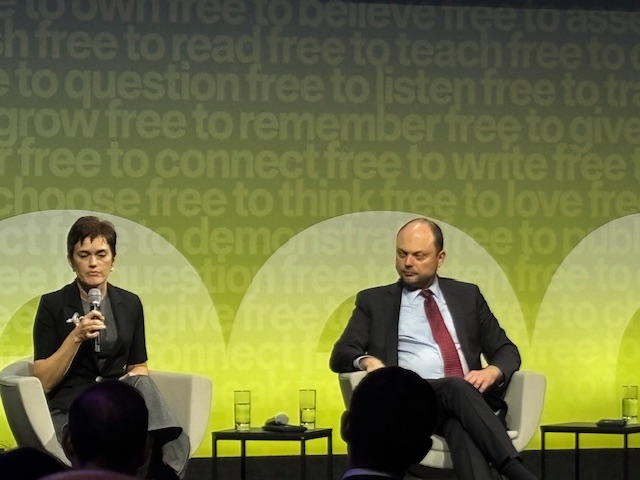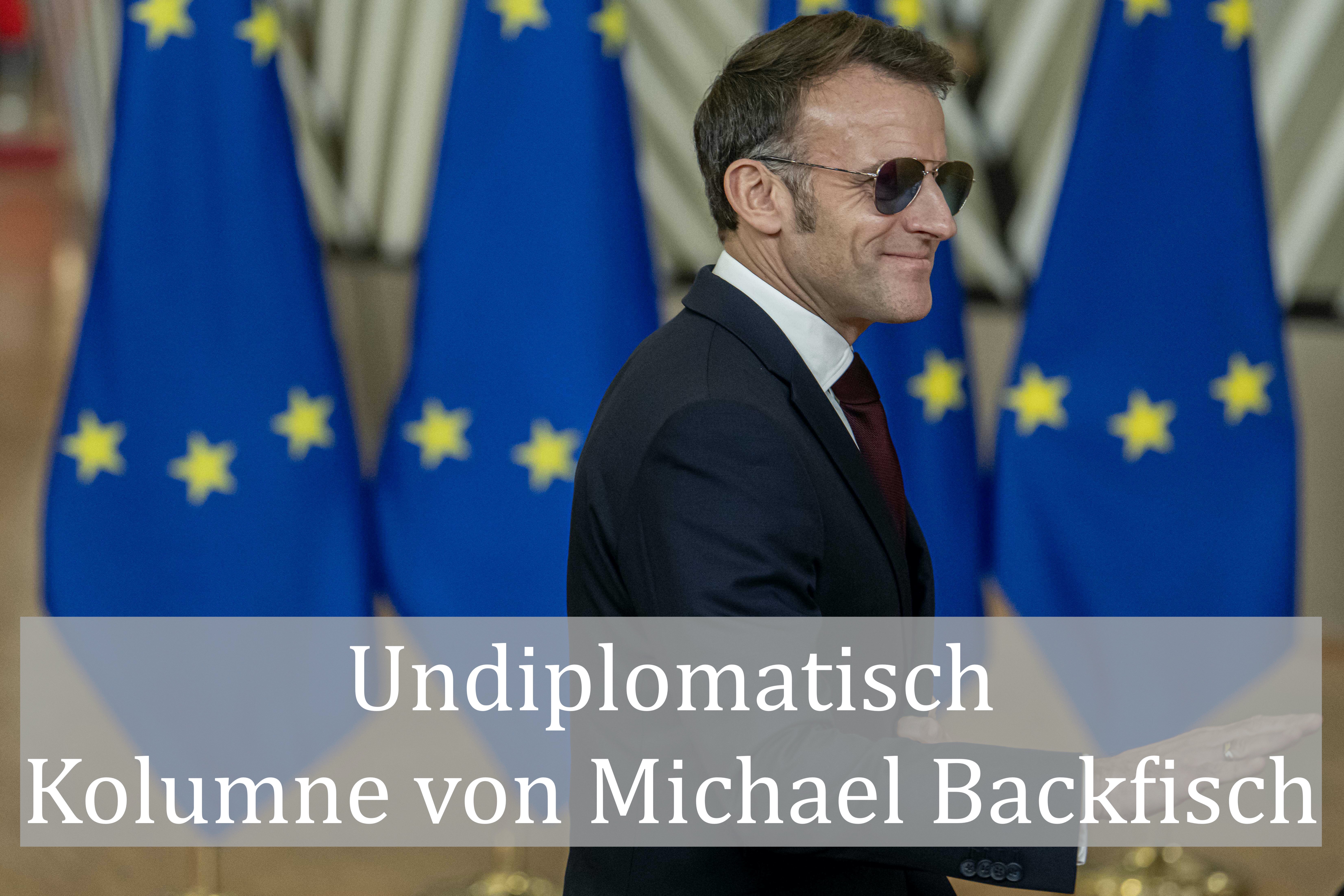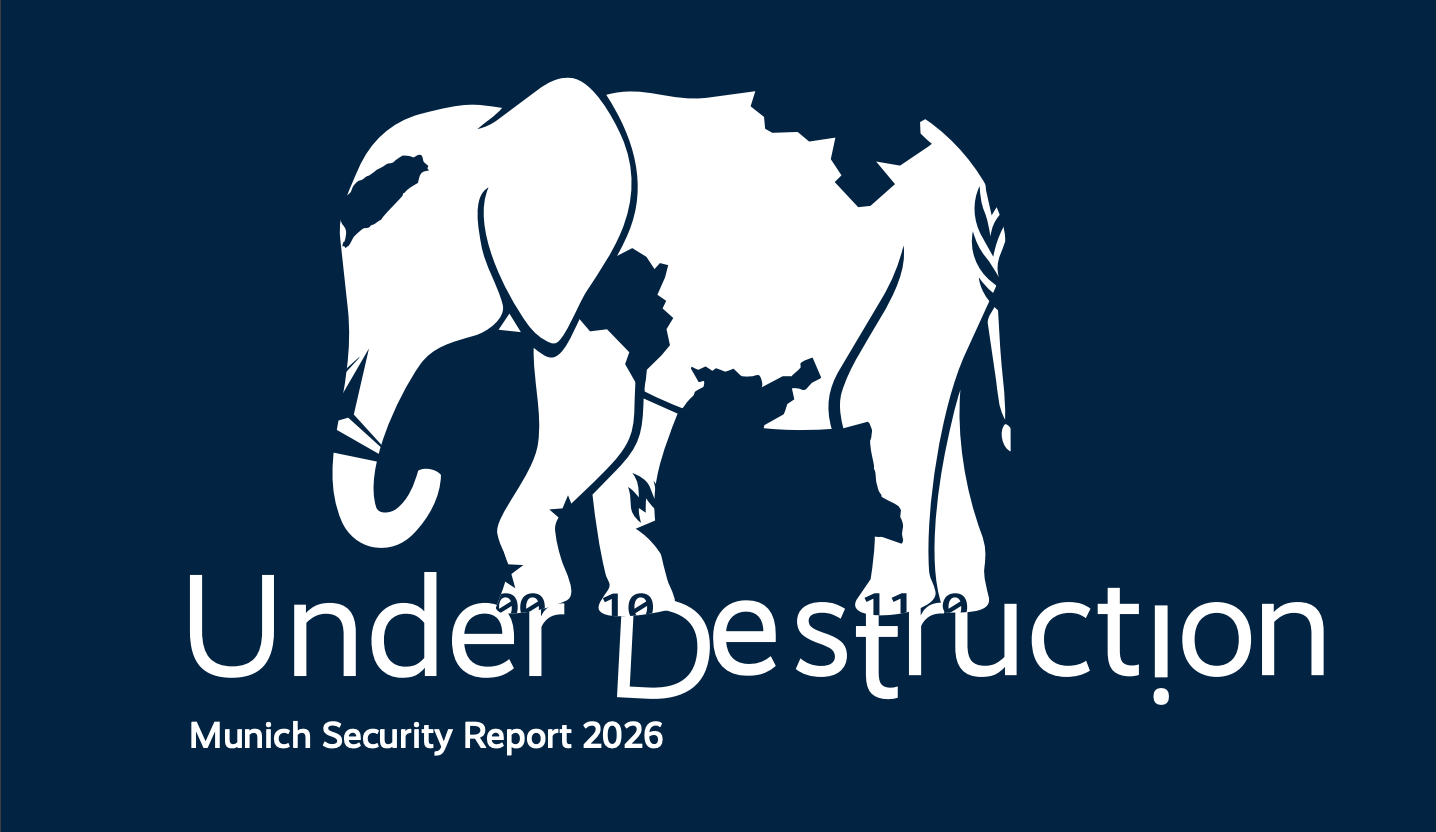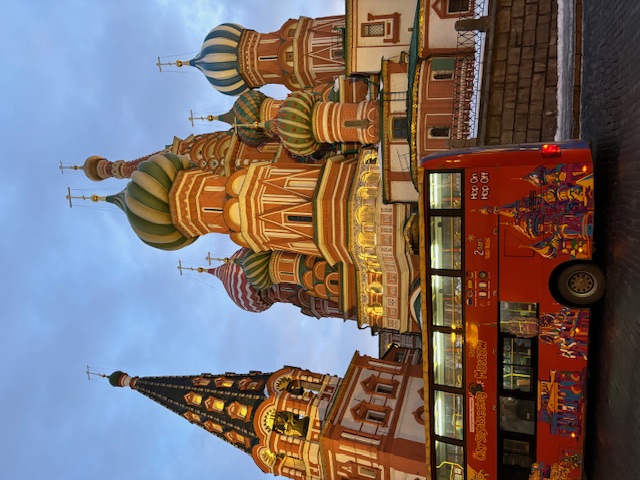diplo.news
City of freedom, city of hope

At the Berlin Freedom Conference, Russian opposition politician Vladimir Kara-Murza made an urgent appeal to the Western community of states to seek further exchange of political prisoners in Russia. “This is really about survival,” said Kara-Murza, who himself was replaced last year with the decisive participation of the then federal government after years of imprisonment. An average of five people a day are now arrested for political reasons, and there are now more political prisoners in Russia in one year than in the entire former Soviet Union, explained the 44-year-old. “The West has a moral obligation to assist these people who risk their lives for freedom.” The conference, which took place for the first time one day after the anniversary of the fall of the Berlin Wall 36 years ago, was attended by numerous opposition and exile politicians from authoritarian countries, including from Iran, Venezuela, Rwanda and Afghanistan.
The conference at the Schöneberger Gasometer kicked off Berlin Freedom Week, which, in the words of Governing Mayor Kai Wegner, should not remain a unique event but should be institutionalized. The World Liberty Congress, which brought together freedom fighters and dissidents from all over the world in 2022, also wants to set up its headquarters in the “City of Freedom.” According to Wegner, no place in the world stands so much for freedom but also for the fact that it must be fought for and defended again and again. The fall of the Berlin Wall in 1989 was a signal to the world that the dream and the will for freedom cannot simply be locked away. Berlin is a city of hope, a beacon, a place of longing.

“Paris has its fashion week, Berlin now has its freedom week,” joked Iranian women's rights activist Masih Alinejad, president and co-founder of the World Liberty Congress. She campaigned passionately for women's rights in Iran and Afghanistan. It was a slap in the face of these women when Western politicians put on a veil during visits to Iran, supposedly with regard to the country's different cultures. The founder of the Afghan Women Coalition for Justice, Shukria Barakzai, explained that she gave a voice to millions of women in Afghanistan who had been silenced, who were not even allowed to work as doctors, who suffered from depression and who had driven quite a few to commit suicide. She called on the international community not to whitewash the Taliban through talks and contacts. They were not elected representatives of the Afghans, and did not have any elected institutions. “Talk to us, not about us. ”
Several speakers warned that freedom is now all too often taken for granted in the West. Federal Minister of Education Karin Prien (CDU) therefore pleaded for more courage to build democracy in schools. Children must experience that teachers also address uncomfortable topics, but at the same time that their opinions are heard. According to the World Liberty Congress, 70 percent of people in the world now live under an authoritarian system. Democracy has therefore been in continuous decline for 19 years. However, the danger is still underestimated by some democratic states, criticized former world chess champion Garry Kasparov, referring to authoritarian tendencies and election results in Hungary, Slovakia and the Czech Republic. “You can't negotiate with cancer. ” gd




